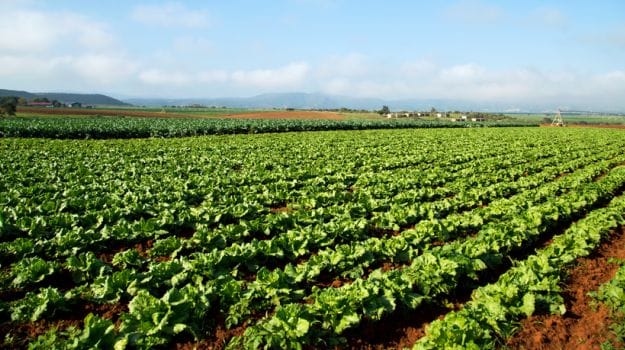After Sikkim, India is promoting a "cluster" approach for chemical-free farming across the country. More and more cultivated areas are being dedicated for organic farming, with an aim to hit 10 lakh hectares by 2017-18. Many states have already started forming organic farming zones in support of this initiative, such as Maharashtra, Madhya Pradesh, Rajasthan, Uttar Pradesh, Uttarakhand and Karnataka.
Maharashtra seems to be a frontrunner in this organic mission with the government not just focusing on chemical free farming, but also on bringing down expenses of farming, and assuring better financial returns to the farmers. The state has allotted over 18,000 hectares for organic farming.
Under the 'Paramparagat Krishi Vikas Yojana' (traditional agriculture development plan) of the Agriculture Ministry, every farmer will be provided Rs 20,000 per acre for buying seeds, harvesting the crops and transporting the produce to the market. The government has allocated a budget of Rs 297 crore under the scheme for 2016-17. An additional amount has also been set aside for Northeast Indian states for organic practises.
It has taken Sikkim over a decade to convert itself into a fully organic state. Sikkim Organic Mission's executive director Dr Anbalagan had said in an earlier report, "Around 75,000 hectares of agricultural land has been gradually converted to certified organic land by implementing organic practices and principles as per guidelines laid down in National Programme for Organic Production."
Here's hoping that in another decade's time, several states in India are chemical free, following a sustainable and healthier way of life.







